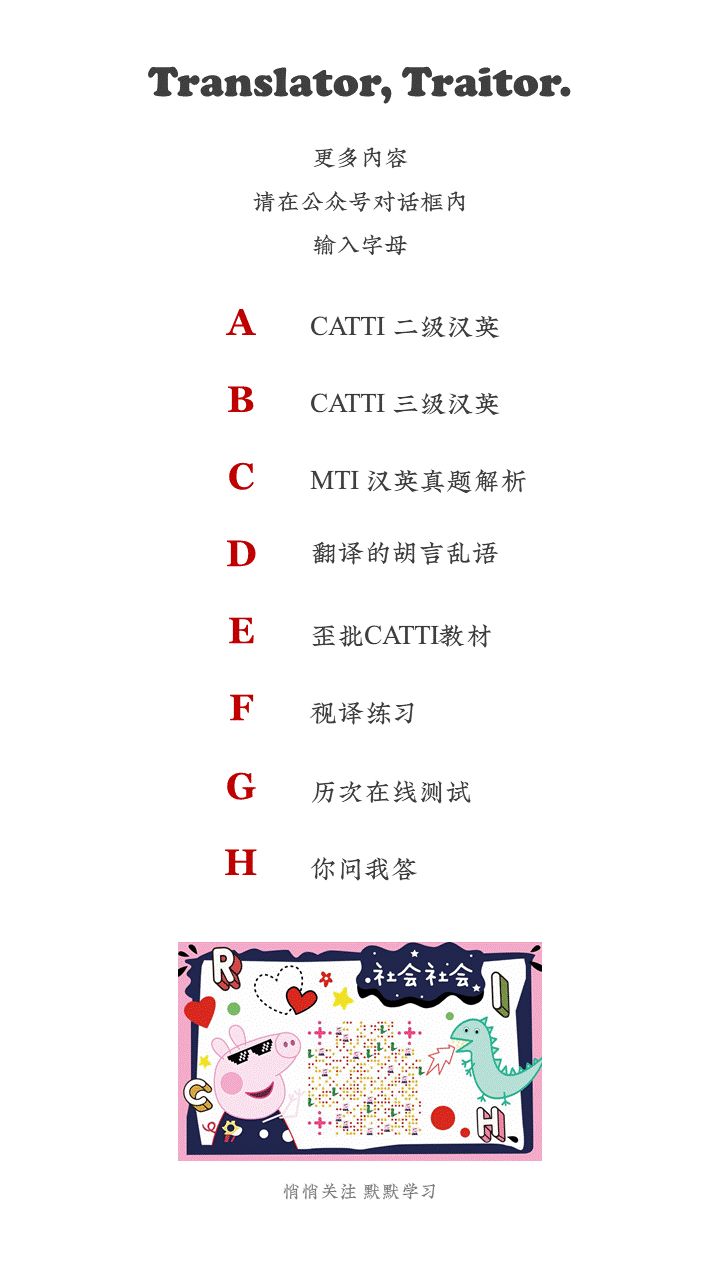今天的世界,正处在新一轮科技革命和产业变革蓄势待发的历史时刻。各国面临的共同任务是,促进数字和实体经济融合发展,加速新旧发展动能转换,打造新的产业和新的业态。
The world today is at a historic juncture where a new round of technological and industrial revolution is gathering steam. The common task of all nations is to enhance the integration of the digital economy and the real economy, push forward the transition to new growth drivers, and create new industries and new forms of business.
席卷全球的新冠肺炎疫情,是对各国以及全球治理能力的重大考验。人工智能、大数据、云计算等数字技术在各国抗击疫情进程中快速发展,远程办公、云端经济等新业态为维持社会正常运转,对冲经济下行压力发挥了重要作用。
The coronavirus pandemic is a major test of national and global governance capacity. In the global pandemic response, digital technologies, including artificial intelligence, big data and cloud computing, have achieved rapid growth, and telecommuting, the cloud economy and other business forms have played a crucial role in keeping the wheels of society running and mitigating the downward pressure on the economy.
最新统计显示,全球移动互联网用户已达到35亿,数字经济规模占全球GDP比重已超过15%。全球数据爆发增长、海量集聚,如同新的“石油”,正在成为各国经济发展和产业革新的动力源泉。
According to the latest statistics, there are now more than 3.5 billion mobile internet subscribers globally, and the digital economy accounts for more than 15% of the global GDP. Seen as “the new oil”, data has witnessed explosive growth and aggregationand is emerging as a new engine of economic development and industrial transformation.
中国数字经济正在蓬勃发展。中国网民数量超过9亿,5G用户数量快速增长,最新统计已超过8800万,数字经济总量超过GDP的三分之一。中国法律对于保障公民和组织的合法权益,包括数据安全和个人信息等,都做出了明确规定。
In China, the digital economy is growing by leaps and bounds. It is home to more than 900 million internet users; the number of 5G users is burgeoning and has surpassed 88 million at the last count; and, the digital sector now accounts for more than one third of the GDP. In addition, the country has well-defined rules in place to protect the legitimate rights and interests of citizens and organizations, including their data security and personal information.
与此同时,数据安全风险与日俱增,攸关国家安全、公共利益和个人权利,对全球数字治理构成新的挑战。大量数据频繁跨境流动,从理念、立法、管理机制等方面考验政府的治理能力。各国法律法规标准不一,也在推高全球企业的合规成本。面对全球数字治理的赤字,各国亟需加强沟通、建立互信,密切协调,深化合作。
Meanwhile, multiplying data security risks threaten to undermine national security, public interests and personal rights, and pose a new challenge to global digital governance. The frequent cross-border flow of massive data is a test of national governments’ governance capacity in terms of governance philosophy, legislation and regulatory mechanism. Differences in legal and regulatory standards for data protection also drive up the compliance costs of global businesses. In response to the deficit in global digital governance, it is imperative for all countries to enhance communication, build up mutual trust, and strengthen coordination and cooperation.

昨天原本打算更新的,但临时有事出去一趟。所以,今天接着更新。后台催还更的同学,已经挨个拉黑了
。
很多同学在问,为什么疫情有时用pandemic,有时用epidemic呢?二者的用法有何区别。
从现实角度,国内国外的疫情都可以用pandemic的。看美国、日本以及其它国家的媒体,会发现他们在讲疫情的时候,无论是国内还是国外,都是使用pandemic。
但如果仔细看国内的媒体语言,会发现讲到国内形势的时候,都是epidemic。为什么呢?一开始,个人感觉有些不对劲。后来,查了查,发现这是一种“政治正确”式的表达:讲国内的情况,用epidemic;讲国际疫情,用pandemic。
同时,此处的data按照传统语法,属于复数概念。但习惯用法里,很多人把它看作单数使用。这一点,类似于此前很多同学感到好奇的:为什么表示 经验的 experience加了S呢?
传统 VS 变革,一直在相互影响。

限 时 特 惠: 本站每日持续更新海量各大内部创业教程,一年会员只需98元,全站资源免费下载 点击查看详情
站 长 微 信: lzxmw777






